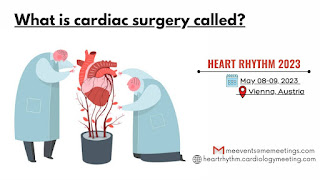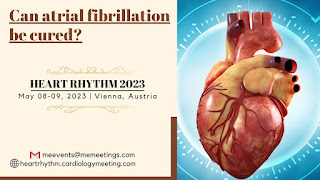What is cardiac surgery called?
Heart problems do not necessarily necessitate
surgery. They can sometimes be treated with lifestyle modifications, drugs, or
nonsurgical procedures. Catheter ablation, for example, uses energy to create
microscopic scars in your heart tissue to prevent aberrant electrical signals
from passing through your heart. Coronary angioplasty is a minimally invasive
surgery that involves inserting a stent into a constricted or blocked coronary
artery in order to keep it open. Despite this, surgery is frequently required
to address issues such as heart failure, plaque buildup that partially or
completely limits blood flow in a coronary artery, malfunctioning heart valves,
dilated or diseased major blood arteries (such as the aorta), and irregular
heart rhythms.
There are numerous different forms of heart
surgery. The following are the most common coronary surgical operations,
according to the National Heart, Lung, and Blood Institute, which is part of
the National Institutes of Health.
- Coronary artery bypass grafting (CABG)
- Heart valve repair or replacement
- Insertion of a pacemaker or an implantable cardioverter defibrillator (ICD)
- Maze surgery
- Aneurysm repair
- Heart transplant
- Insertion of a ventricular assist device (VAD) or total artificial heart (TAH)
Most heart surgeries are major surgeries.
Although often successful, they do entail risks. The National Heart, Lung, and
Blood Institute identifies some of these risks as:
- Bleeding
- Infection
- Reactions to anesthesia
- Damage to tissues in the heart, kidneys, liver, and lungs
- Stroke
- Death, especially for someone who is already very sick before surgery
The length of recovery depends on the type of
surgery, although most forms of heart surgery require a day or more in the
hospital's intensive care unit. You will then be transferred to another area of
the hospital for several days until you are discharged. According to the
National Heart, Lung, and Blood Institute, the length of your recovery period
at home will be determined by the type of surgery you had, your overall health
before to the surgery, and whether you suffered any surgical complications.
Full recovery from a typical coronary artery bypass, for example, could take
six to 12 weeks or more.




Comments
Post a Comment